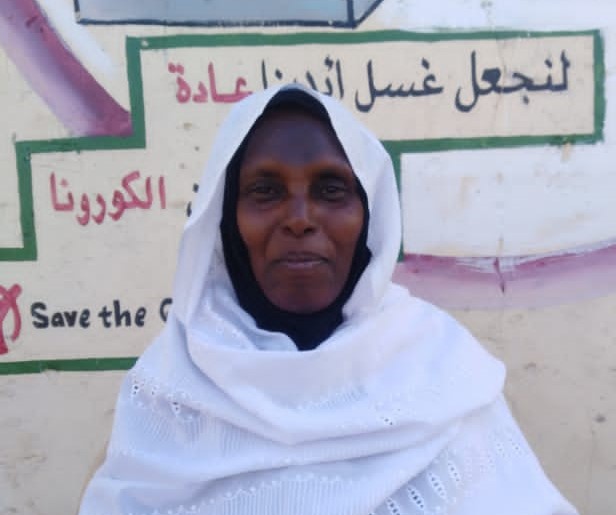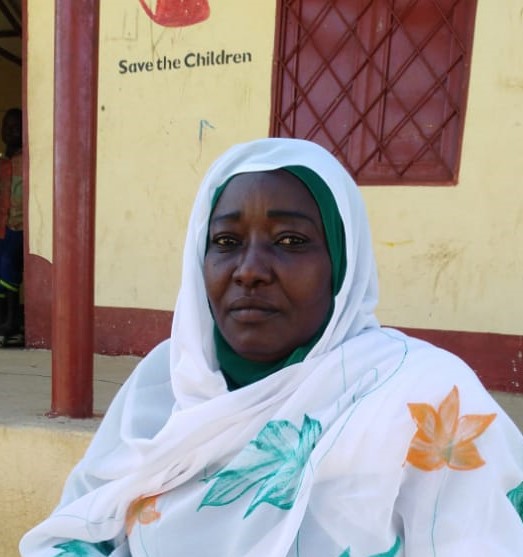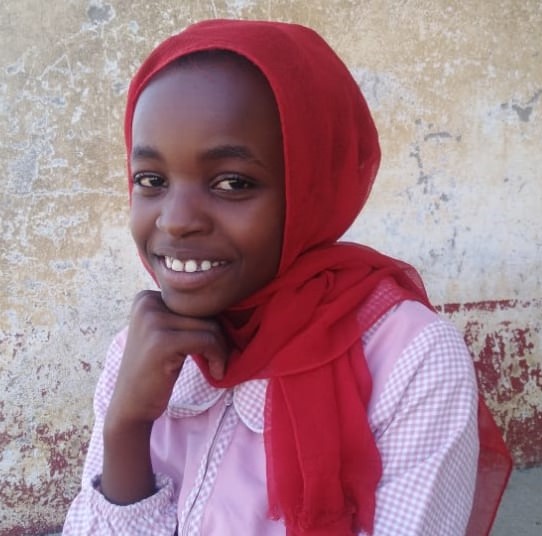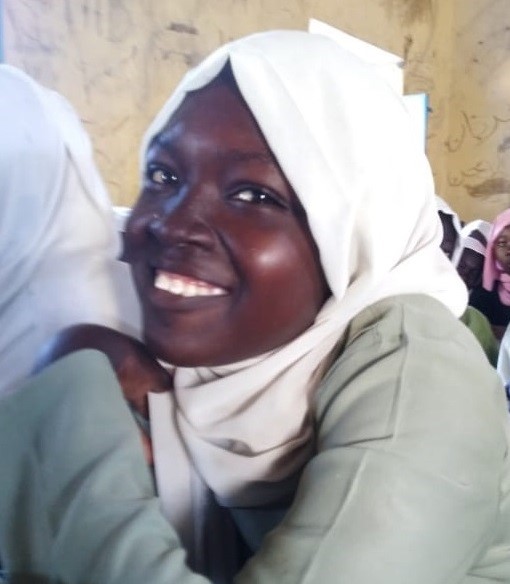The Education Quality Improvement Program (EQUIP)-funded by the European Union in AbuGbaiha- South Kordofan
Conflicts in South Kordofan for nearly a decade has left many children vulnerable, out of school, and in need of urgent humanitarian assistance. South Kordofan has recently become accessible due to the peace dialogue that resulted in signing the peace agreement between the Sudan Revolutionary Front (SRF) rebel alliance and the Civilian-led Transitional Government of Sudan on 3 October 2020.
Education was identified as one of the key needs and priorities in South Kordofan. According to the Ministry of Education Statics Book for the year 2018, South Kordofan State has the highest number of out-of-school children.
The total population of South Kordofan is 1,958,664 individuals, out of which 160,869 are school-age children. The Gross Enrolment Rate (GER) stands at 58.5%[1] (56% for girls and 61% for boys).
There are 606 elementary schools with 5264 teachers. The influx of South Sudanese refugees into South Kordofan has increased the pressure on the already overstressed services concerning classrooms, teachers, as well as water and sanitation facilities.
Overall, insecurity and the limited investment in the education sector have resulted in poor infrastructure, lack of textbooks, education supplies and proper seating, inadequate water, and sanitation facilities, and lack of trained teachers. Inadequate financing and implementation of education policies and lack of equitable resource allocation also contribute to the disparities between States in terms of gross enrolment rates, especially in the war-affected areas.
In South Kordofan, through the Education Quality Improvement Program (EQUIP)-funded by the European Union- Save the Children has managed to increase the enrolment rate in elementary schools up to 19.3% during the past three years of the first phase of the project in AbuGbaiha locality (from 13,199 in 2017 to 15,754 in 2020). Also, the organization has worked to enhance the positive behavior of 15,754 male and female students- including 1486 refugees- by using hand washing units, garbage baskets, first aid boxes, and sports activities.
Our interventions targeted the affected communities in Elirri & Abugebiha localities, including host communities, IDPs, and refugees. The interventions included the rehabilitation and construction of 20 classrooms, ten offices, and ten latrines, and conducting 45 enrollment and social mobilization campaigns. Also, our activities included the provision of 120 packages of teaching, learning, and recreational materials for schools and ALP centers, as well as building the capacity of trainers, teachers, ALP teachers, schools’ principles, PTAs, in addition to the provision of school grants 20 schools and 380 seating units.

Muna Nawai Ahmed Elsafi, 50 years old, is the principle of Elshaikh Hashim Basic School for Girls at Abugbaiha locality.
“I would like to thank Save the Children for the great efforts that have been exerted to improve the school health and environment and supporting teachers with educational training sessions. These improvements have helped in increasing the number of students enrolled, especially girls.” Says Muna.
Save the Children has built two classrooms that helped to accommodate two classrooms students. The organization has provided the school with radio and speakers to let the student express their talents during the morning show.
“Thanks to the organization, now we have first aid boxes, well-constructed toilets considering the disabled students, a water tank, and handwashing points. All this to ensure better health, water, and hygiene services to the students.” Added Muna.
Also, the organization has enhanced the students’ well-being by encouraging sports activities by equipping the volleyball court and providing jumping ropes.
“Raising the capacity of the teachers and the educational council staff was one of the key services provided by the organization. Training sessions included positive and modern educational, development, and management methods in teaching and school management.” She added.

Khaltoum Ahmed Hamid, 41 years old, is the principle of Alkor Basic School for Girlsat Abugbaiha locality.
“The organization work has helped to raise the awareness of the community about the importance of education, especially the education of girls. This work prompted society to accelerate registration in regular classes and alternative education classes. The number is rapidly increasing” Khalthoum says.
“The rehabilitation of school buildings has a positive impact on teachers and students. This has put them into a high spirit, resulting in their performance and achievements.
Our school, the educational council, and Save the Children all work in harmony with one goal, which is to improve the quality of education in the state. We hope that the construction work plan to be completed soon and to have a better environment for our students, especially girls.” She added.

Sakeena Sabir Ibrahim, 11 years old, is a grade 7 student at Alkor Basic School for Girls at Abugbaiha locality.
“I wasn't happy during the lockdown period, as I wasn't able to see my friends.
I miss going back to school to learn, play, and meet my friends and colleagues.
Our school is beautiful; besides the classes we get the chance to play sport. I love jumping rope. I will be happier if we have a fence around the school to feel protected. We also need to have a theatre so we can express our thoughts and talents through it.” Sakeena says.
“I want to learn and graduate to become an administrative officer when I grow up.” She added.

Awatif Mohamed Esia, 14 years old, is a grade 7 student at Elsheihk Hashim Basic School for Girls at Abugbaiha locality.
“The things I love most in school are my friends and my lessons. I missed them so much during the lockdown because of the Coronavirus.
I love the school, especially after building the new classes and having drawings on the walls. Our school became more beautiful” Says Awatif.
“I was so happy when we had a water tank in the school, as we used to struggle to have clean water. Also, having new educational items, like notebooks and pens each time when we start the year, makes me enthusiastic and encourages me to learn and study. That's why I love to thank Save the Children for the support” She added.
Besides the support provided in South Kordofan State, Save the Children has implemented the Education Quality Improvement Program in Sudan (EQUIP) project in three localities in Red Sea State.
The purpose of the program is to enhance the ability of children and vulnerable groups to gain access to education and to lead socially, and economically productive lives, and to strengthen their resilience. Subsequently, this action has contributed to creating better living conditions, enhancing social cohesion, and reducing the risk of these populations being pushed into negative coping mechanisms, which include forced displacement.
The specific objective is to improve equitable access to quality primary education in a conducive learning environment.
[1] MoE statistic 2013/2014
 Sudan
Sudan